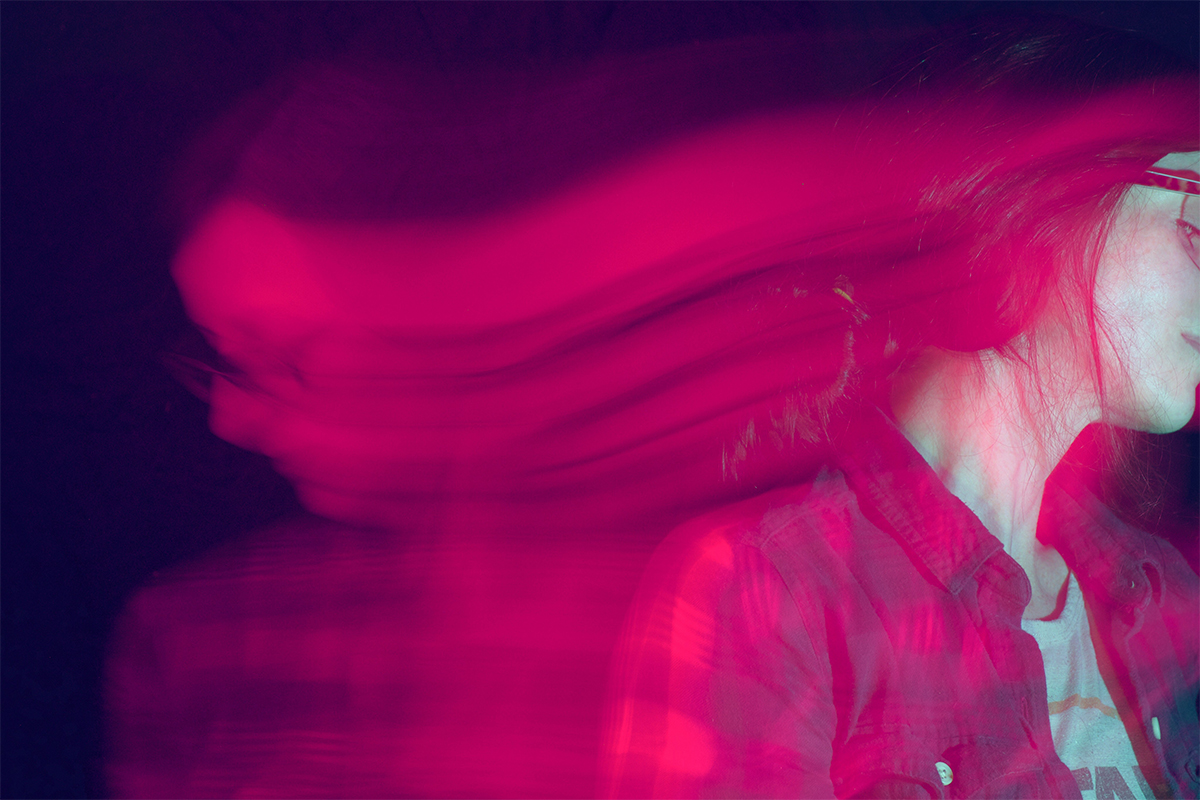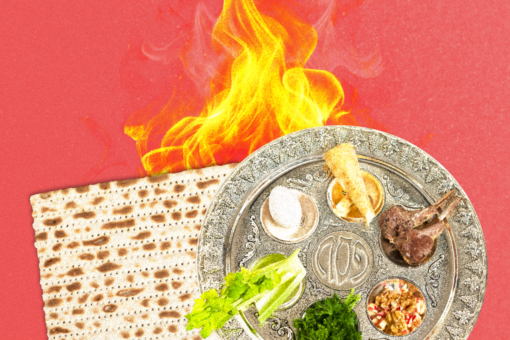I was by no means your average 18-year-old when high school chewed me up and spit me out, leaving me to fend for myself in the new strange world that was college.
During my teen years, I had spent once a week in the urologist’s office and many nights in emergency rooms. I actually barely graduated due to a bout of kidney stones, having the flu for a month, and a slew of renal infections. It was my first-time battle with the systematic ableism I would soon learn I’d face the rest of my adult life.
Why was my renal system a mess, you ask? Well, I was born with stage five bilateral vesicoureteral reflux (VUR for short) or what they called back in 1993 bladder reflux disease. Basically, I was born without the valves in your ureters that stops urine from flowing back up into my kidneys. So my bladder would get full, and it would keep getting full, and it was traveling back up into my kidneys.
I had my first surgery when I was just shy of 1 year old. I don’t remember much of it to be honest, besides the uncomfortable needles in my arms and the checkered hospital floor.
Unlike most kids with VUR, mine came back due to scar tissue complications, which lead to my second surgery in the 3rd grade. That one, I remember every little thing. Let’s just say lots of pain, trauma, and blood.
But what I also remember about my second surgery was the power of having a Jewish community.
I remember Rabbi Beth frequently visiting my house to see me and pray with me. I remember my Hebrew school friends paying surprise visits and the endless amount of food that temple members would send us. I will never forget all that kindness, support, and love.
It’s safe to say when I left home to attend college, it was a shock to lose that community support — especially as someone who is chronically ill. I was miles away from my community; that sense of comfort, that sense of home, was gone. And for the first time in my life, I entered a world where not only was I my peers’ first Jewish friend, but I was also their first chronically ill friend.
I found it hard to talk about being chronically ill, and became accustomed to the look that would fall upon new friends’ faces when I started talking about it. The sheer look of discomfort.
So, I hid that part of me, only letting a close few have a glimpse of what life was like for me.
I tried to fit in and be a regular college kid, which was easy to do since I was also a collegiate athlete at the time (I know it’s shocking since I am chronically ill, but sports helped me take my mind off the pain my body felt). I began to stay up late, drink every weekend, and gained the typical freshman 15.
But soon, my body crashed.
After my kidneys started giving me some hell and new symptoms of a mysterious GI issue started to appear, I was two medical withdrawals deep. I missed too many classes to count.
I realized that along with missing my Jewish community, I had also forgotten the important values it instilled in me, specifically shmirat haguf — the Jewish concept of guarding the body. One must take care of one’s body and soul. But I had abandoned my Jewish ideals and my body to try and fit in. Instead of taking care of my body, I was drinking, partying, eating poorly, and just flat out not taking care of myself or taking school seriously. Though my conditions are congenital, meaning I was born with them, I still needed to take care of my body and mind.
So I made a change. I decided to transfer schools and start fresh.
I wish I could tell you my move to sunny Orlando, Florida was the happy ending I needed. But after settling in and getting ready to start school, I became very ill.
Those mysterious GI symptoms I talked about earlier were actually another congenital anomaly of my upper GI tract. So instead of starting my first semester at the University of Central Florida, I was on an operating table undergoing surgery number 6.
After recovering, I was finally able to start my first semester at UCF in the spring. And it was then that I saw a little Hillel tent in front of the student union. I didn’t know what Hillel was, but I saw the Star of David and was instantly drawn to the tent.
And I’m so grateful for that. I soon learned the importance of having peers who I could talk with about anything from Judaism to classes, and who actually wanted to hear about my health. Rather than spending my Friday nights partying, I was able to sit with my friends around Shabbat dinner and feel good about myself, body and mind. This new Jewish community helped me find myself again, reclaim my Judaism, and accept my chronic illness.
I am still very chronically ill and have even had an additional surgery since that one in Florida. But my college experience taught me that I don’t have to conform myself to be something I am not. I can live my life as a chronically ill person and not to hate myself for it. And I can find people who accept me for who I am. And I now know that in the Jewish community, I will always be accepted no matter what.
Photo Credit: Patricia Boyce / EyeEm



